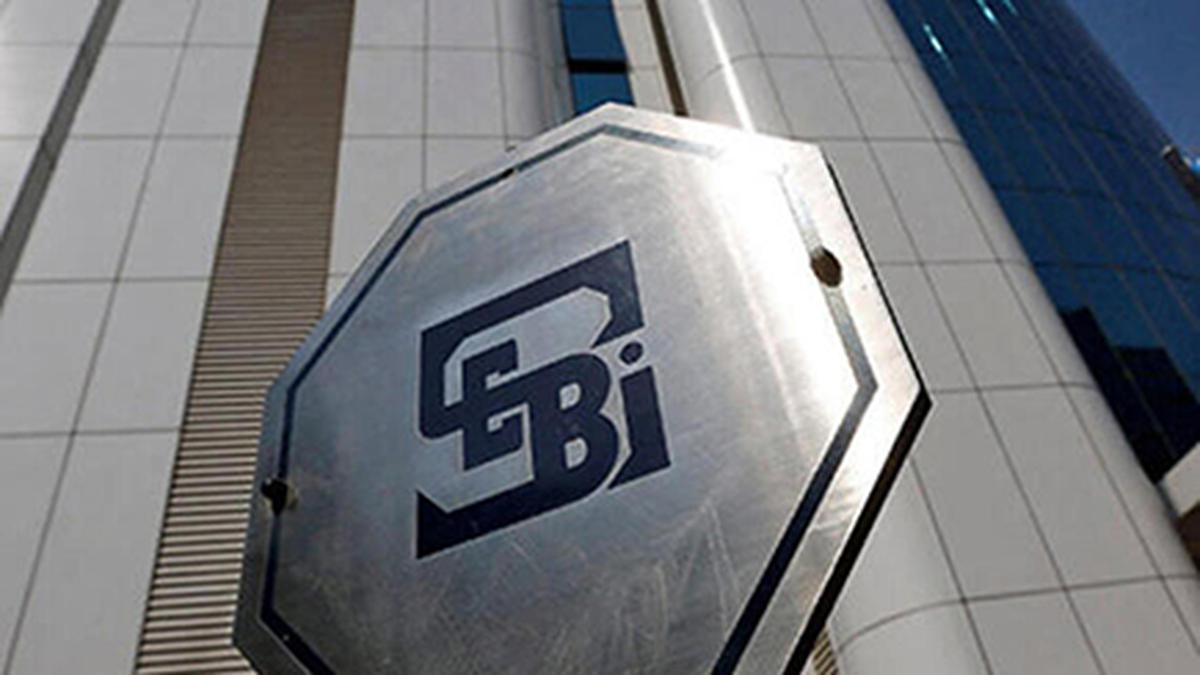Availing a home loan requires major financial commitment involving large amount, sizeable down payment and long tenure. Prospective borrowers must be financially prepared not only to improve the chances of loan approval but also ensure timely repayment. Here are four crucial checkpoints loan applicants can use to evaluate financial preparedness.
Home loan norms in India do not allow lenders to finance 100% of property cost through home loans. A sizeable portion of the property’s acquisition cost must be borne by the borrowers from their own resources in the form of down payment. For home loans of up to ₹30 lakh, the down payment has to be at least 10%. For amounts above ₹30 lakh to ₹75 lakh and above, the amount has to be at least 20% and 25% respectively. Therefore, if you are planning to avail home loan, first begin to save enough to cover this share of the cost.
Making higher down payment not only cuts the total loan burden but raises chances of loan approval at lower interest rates. As higher down payment reduces lenders’ credit risk, many lenders offer lower interest rates to such home loan applicants.
High credit score
Credit scores of 730 or above are usually considered as a sign of high creditworthiness. Those with such scores are considered to be financially disciplined and carry less chances of default. This makes them preferred candidates for lenders who offer, lower interest rates to attract them.
So, if you are planning to avail a home loan, aim at building or maintaining credit scores of 730 and above. Start by fetching credit reports from credit bureaux/online financial marketplaces periodically. This will allow you to identify errors, if any, negatively impacting the score and then report them to the bureaux for rectification. A rectified credit report should then improve the score.
To steadily build or improve credit score, follow habits like repaying EMIs and credit card dues by due dates and avoiding multiple loans or credit card applications in a short span.
If you do not have a credit history, apply for credit card to build score. As credit card transactions are treated similar to loans by credit bureaux, the transactions are reported to the credit bureaux, who use the transactions to calculate your score. If you are unable to avail a card opt for a secured credit card. Transactions made through secured cards would be reported to the credit bureaux and then used for calculating credit score.
Repayment capacity
Lenders usually prefer loan applicants whose total monthly repayment obligations, including the proposed home loan EMIs, do not exceed 50%-60% of monthly income. If total repayment obligations already exceed this limit, your chances of home loan approval would decrease.
In such cases, apply for longer tenure to help reduce loan EMI and thereby, contain your total obligations within the acceptable threshold limit.
Use online EMI calculators to fix optimum EMI based on income/ financial commitments. Also, consider monthly investments to achieve your unavoidable financial goals during EMI planning. Ignoring these factors may lead you to avail loans at higher interest rates in future for achieving these unavoidable financial goals.
Emergency fund
Events such as job loss can impact one’s ability to service EMIs leading to hefty penal charges, adverse impact on credit score and future eligibility.
Liquidating existing investments may help one continue EMI payments during emergencies but can harm one’s long-term financial health. The solution is to create an emergency fund, provisioned for at least six months of home loan EMIs. This ensures an adequate financial cushion for repayments during financial crisis.
(The writer is head, home loans, Paisabazaar)
Published – June 09, 2025 06:37 am IST







